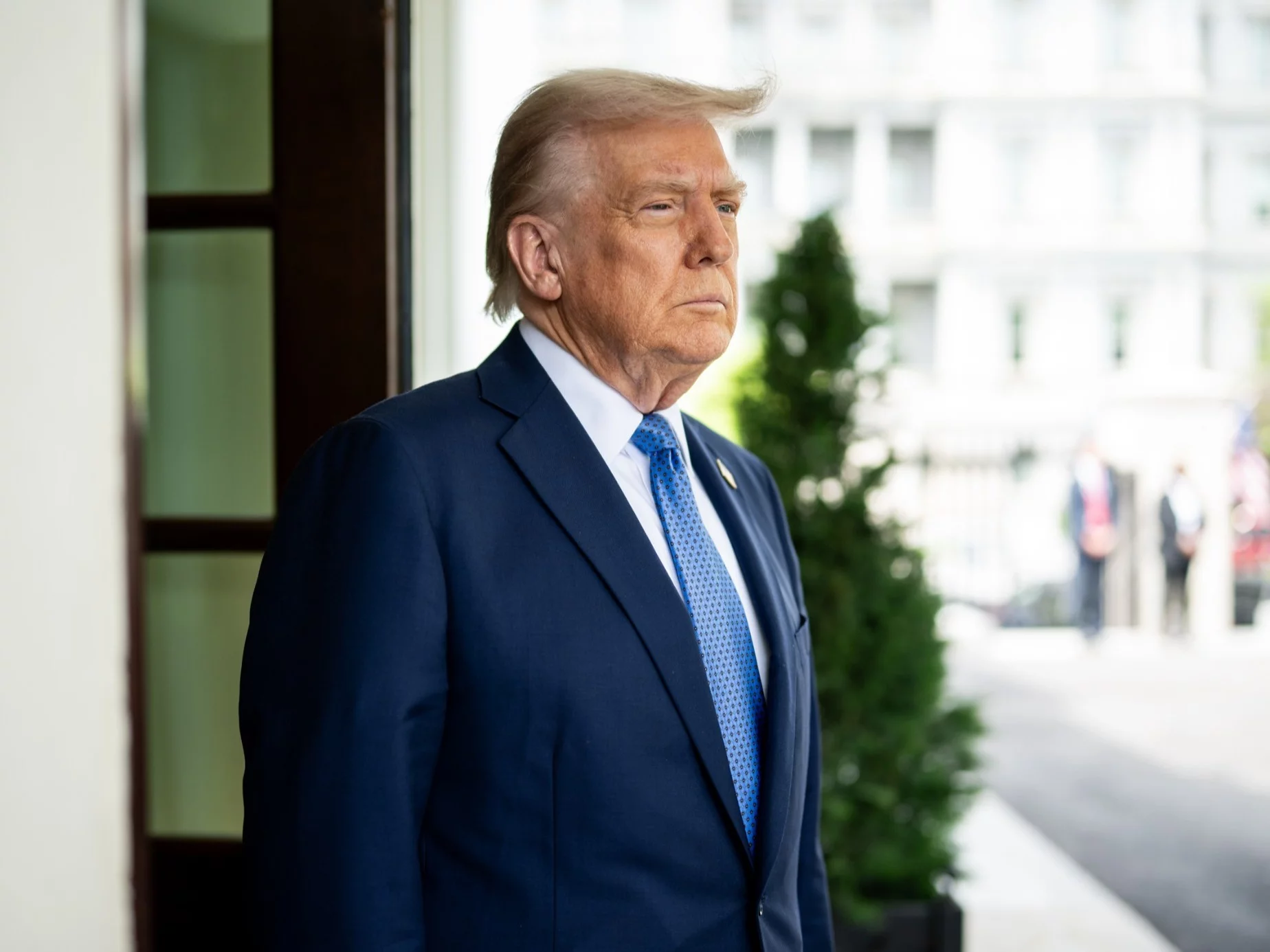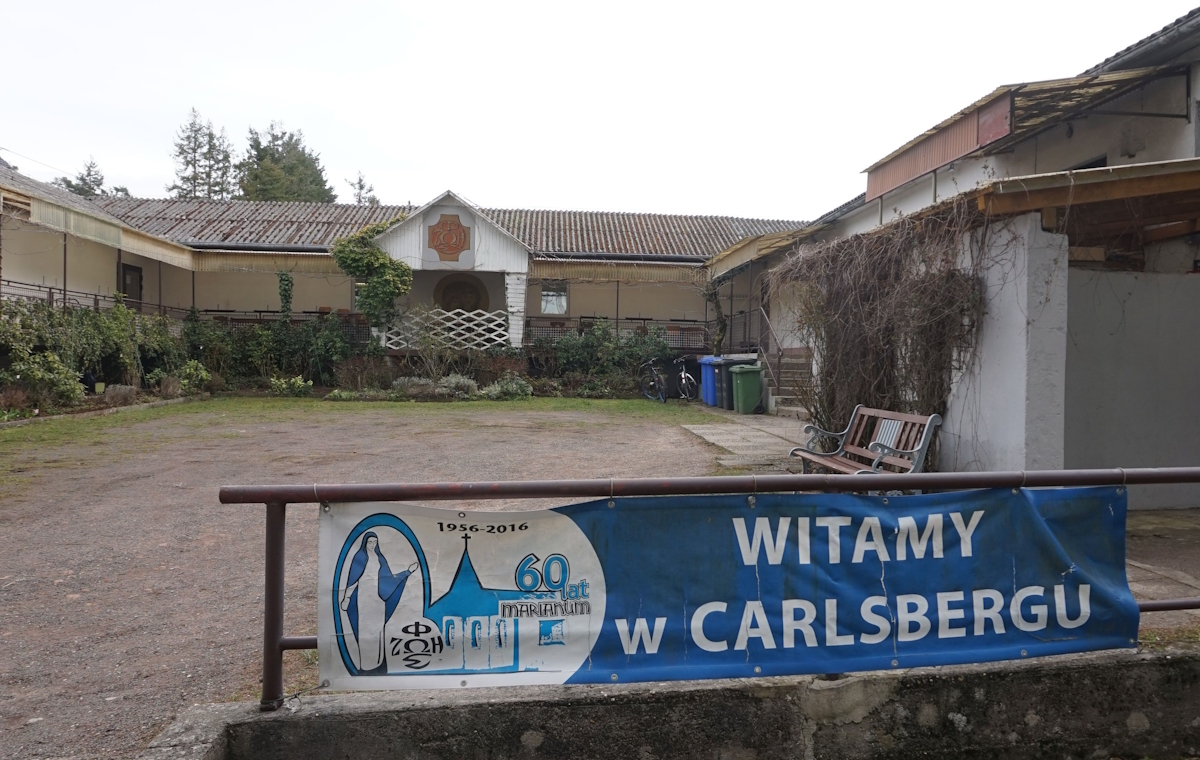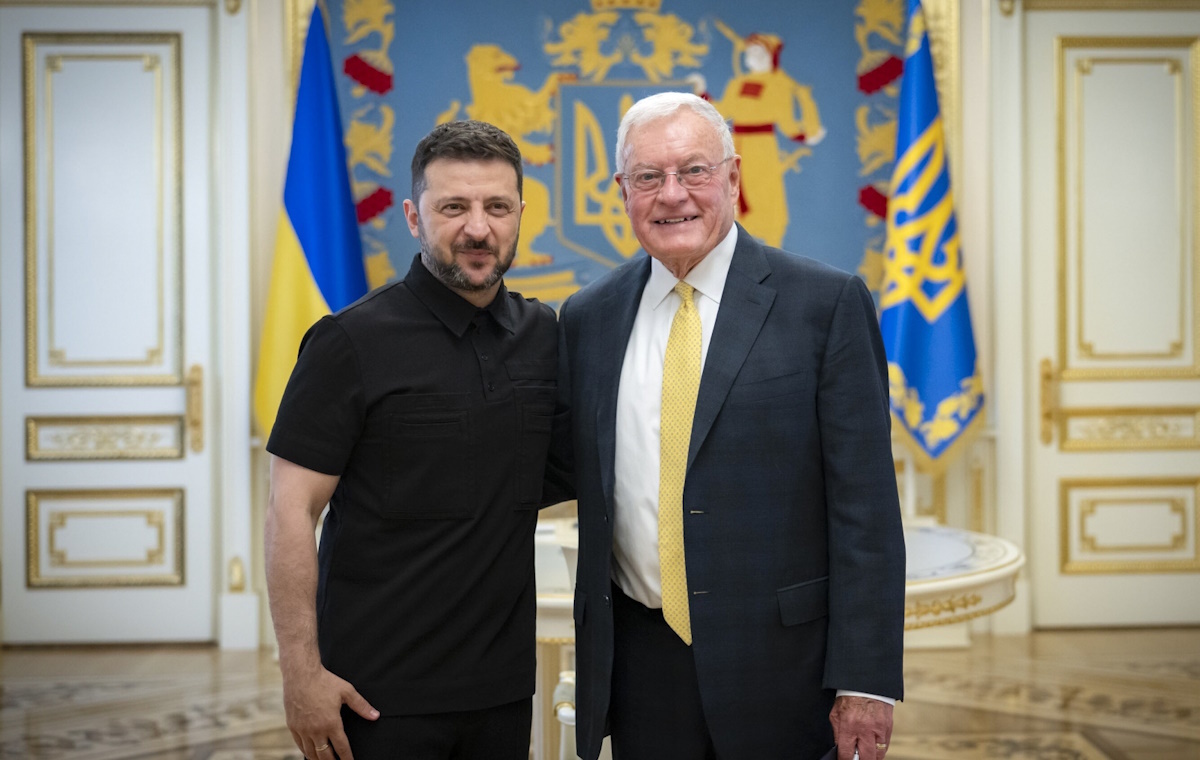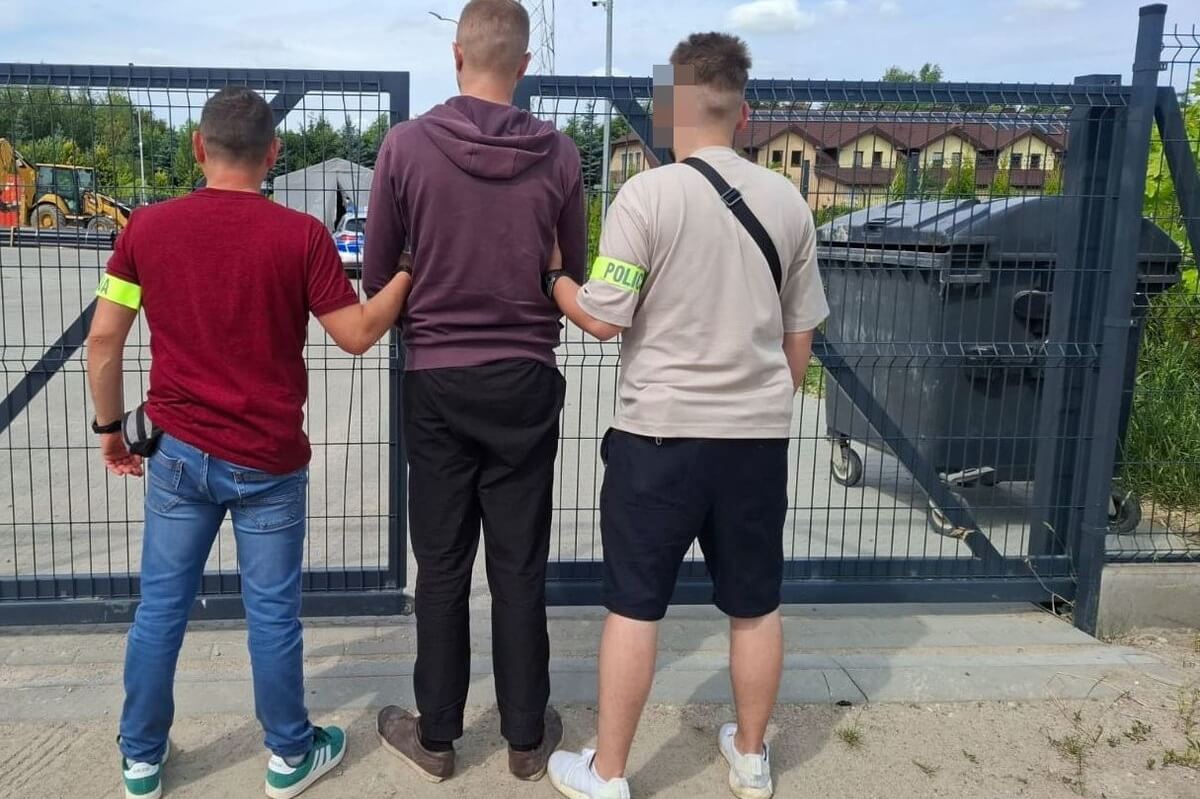
Dissonance In The Green Valhalla: German Workers Break The Climate Silence
Submitted by Thomas Kolbe
For the first time in years, a group of German industrial labor representatives has broken ranks. In an open letter to Chancellor Friedrich Merz, they fiercely criticize Berlin’s climate policy. Will their defiance ignite a firestorm—or vanish in the memory hole crafted by media gatekeepers?
I must admit: after years of bitter disappointment in the fight for rational energy discourse, I view initiatives like this with cautious pessimism. In Germany, climate policy has become the domain of a paternalistic triad—politics, media, and public compliance. The first casualty? Open debate. The air is thick with passive-aggressive apocalypse. Criticizing the Green Deal is a near-taboo. No historical precedent comes to mind where a nation, fully conscious, impales itself economically in slow motion.
Calm Before the Storm?
In the U.S., the climate machinery may be in retreat under Trump’s return. But in the EU, the climate cartel and its beneficiaries remain in full control – despite recession, deindustrialization, and public despair. Is this just the quiet before the reckoning?
Germany has paid the highest price in this climate crusade. Its forced transition to renewables, while banning nuclear energy, might still be hailed as “civilizational progress” in eco-parasitic enclaves like Berlin-Prenzlauer Berg or Cologne-Ehrenfeld. But out in the real world, where productive citizens, families, and businesses depend on affordable energy and mobility, the mood has soured. The party’s over. Pockets are empty. And the pressure’s building.
Now, at last, some are speaking up. A group of industrial works councils is calling on Chancellor Merz to halt the climate policy suicide run. Since COVID lockdowns, over 300,000 jobs in Germany’s industrial core have vanished. Energy-intensive production has become a fantasy—especially when competitors like the U.S. pay up to 75% less for electricity.
End of the Silence Cartel
The letter’s signatories include labor reps from LEAG, ArcelorMittal Eisenhüttenstadt, BASF Schwarzheide, the works council of Lausitz Energy, and the regional leadership of the IGBCE union. These are not outliers—they’re survivors of Germany’s failed “green transformation.”
ArcelorMittal recently scrapped its green steel plans—despite billions in offered subsidies. BASF is cutting 700 jobs in Ludwigshafen. The “green restructuring” of Germany’s economy now reads like an industrial obituary. Every day, another subsidized project collapses into the dustbin of central planning.
Their rebellion is the real headline: it takes courage to stand outside the climate orthodoxy and step into the light. Respect.
No More Consensus
These aren’t populists or corporate shills. These are works councils, long considered integrated into Germany’s consensus-driven labor model. By issuing a public letter, they’re committing open defiance. They’re aiming straight at the Green Deal—the administrative metastasis that has paralyzed Europe’s economic lifeblood.
The tone is striking: they describe “the worst economic crisis since WWII.” Over 100,000 industrial jobs lost—just this year. In truth, the total job losses since 2020 are triple that, according to Ernst & Young.
They call the energy transition a “failed operation on an open heart.” After 35 years of subsidizing wind and solar, grid stability hasn’t improved—yet grid costs are in the hundreds of billions. The high energy prices aren’t just socially unjust; they’re an existential threat to prosperity and civil peace.
The councils are calling for an industrial electricity price of €0.05/kWh, and for industry to be freed from surcharges and levies.
Brussels’ Controlled Economy
In response, the EU Commission approved a controversial subsidy scheme in June: selected companies may receive up to 50% off wholesale power prices—but only for half their annual usage, and only if they invest in “green technologies.”
Once again, instead of market discipline or fair competition, Brussels fixes prices and distributes taxpayer money based on ideological compliance. They can’t—and won’t—let go of command-and-control economics.
A Healthy Immune Response
That these labor leaders speak plainly and dismantle the green agenda line by line is encouraging. A part of German society still has an immune system when its existence is at stake. They demand an end to national and EU-level climate overreach unless and until binding global commitments exist. They also demand fair trade protections and realistic technology policy—including hydrogen and carbon capture.
This is the key: on an integrated global market, unilateral sacrifices only lead to destruction. Germany’s leadership has knowingly ignored this truth for decades. The workers’ letter, while addressed to Berlin, clearly targets Brussels.
The EU’s plan was simple: force the world into its climate straitjacket to offset its strategic energy deficit. The EU imports 60% of its energy. That dependency makes Brussels vulnerable. And nothing frightens it more than negotiating with energy-exporting partners as equals.
Bottom-Up Rebellion
This protest has grassroots power—it comes from people living the reality of failed climate economics, not from think tanks or talking heads. It will initially circulate through unions and works councils, but the shared pain may soon create a common wave of resistance. Should this happen, the media-industrial complex will struggle to ignore, bury, or mock it—though they’ll try.
We may be witnessing a turning point—where internal pressure forces Brussels and the von der Leyen Commission to alter course.
That the challenge comes not from corporate lobbies, state-funded artists, or Green-aligned parties, but from the very workers being sacrificed, gives it a potency unseen in the climate debate.
If this letter reaches public consciousness—despite media blackout—then the winds sown by Brussels and the climate lobby may erupt into a storm even Europe’s green elites can’t contain.
Let’s stay optimistic.
* * *
About the author: Thomas Kolbe is a graduate economist. For over 25 years, he has worked as a journalist and media producer for clients from various industries and business associations. As a publicist, he focuses on economic processes and observes geopolitical events from the perspective of the capital markets. His publications follow a philosophy that focuses on the individual and their right to self-determination.
Tyler Durden
Mon, 07/14/2025 – 05:00














